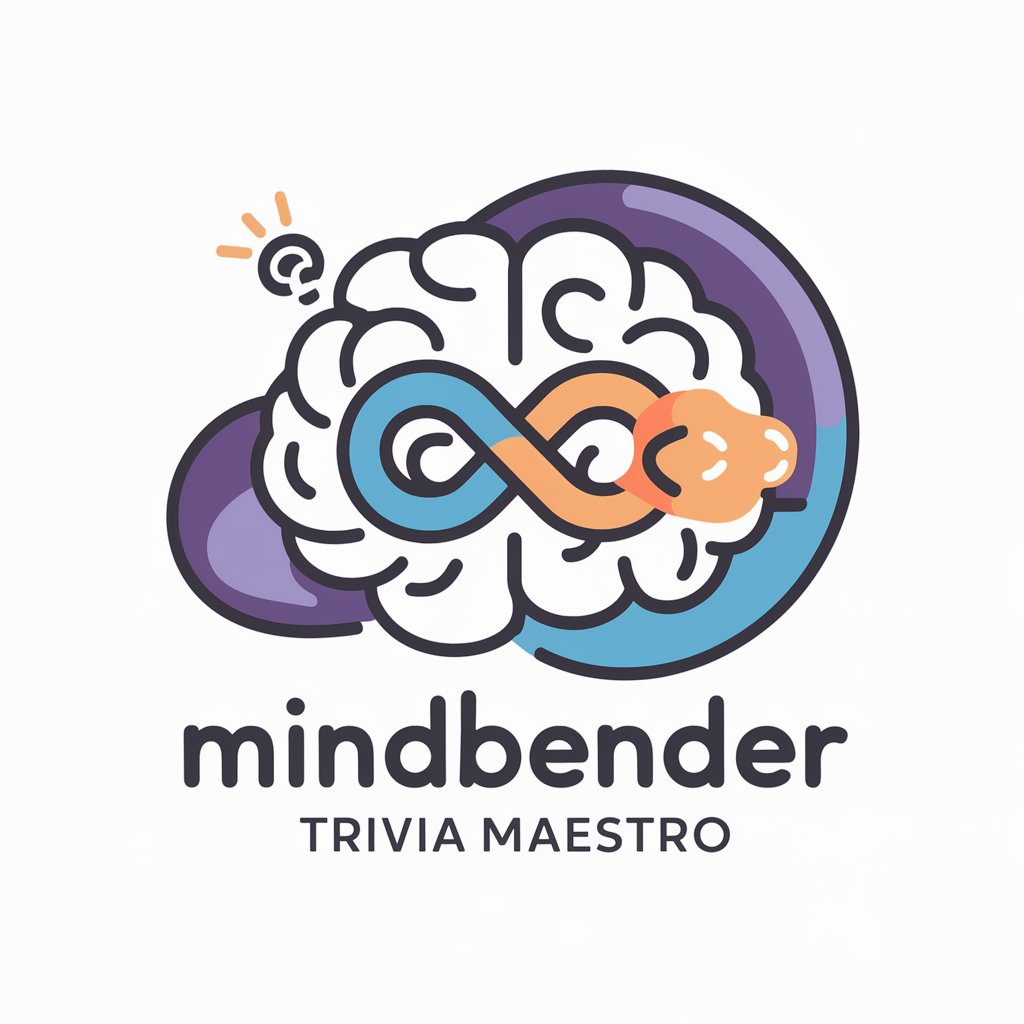7 GPTs for Psychology Exploration Powered by AI for Free of 2026
AI GPTs for Psychology Exploration are advanced artificial intelligence tools designed to assist in the exploration, analysis, and understanding of psychological concepts. By leveraging Generative Pre-trained Transformers (GPTs), these tools offer tailored solutions for a wide range of tasks related to psychology, from interpreting complex psychological theories to providing insights into human behavior. Their relevance lies in the ability to process and generate human-like text, enabling in-depth discussions, therapy session simulations, and psychological research facilitation.
Top 7 GPTs for Psychology Exploration are: Carl Jung,Psychedelic Guide,Magic and Mentalism API,Grado Psicología UNED,🧠 MindBender Trivia Maestro 🏆,! Mind Explorer !,Illusion Creator
Carl Jung
Reviving Jung’s Wisdom with AI

Psychedelic Guide
Navigating Psychedelic Journeys with AI

Magic and Mentalism API
Unleashing Magic with AI Brilliance

Grado Psicología UNED
Empowering Your Psychology Learning Journey

🧠 MindBender Trivia Maestro 🏆
Unlocking Minds with AI-Powered Trivia

! Mind Explorer !
Exploring Minds with AI

Illusion Creator
Craft Visual Tricks with AI

Key Attributes of Psychology AI Tools
These AI GPTs possess unique capabilities such as adaptive learning, where they can fine-tune their responses based on the psychological context. Features include language comprehension and generation, technical support for psychological research, web searching for latest studies, image creation for therapy aids, and data analysis for behavioral patterns. Notably, their ability to simulate therapeutic conversations or analyze emotional content in text provides invaluable support in psychological exploration.
Who Can Benefit from Psychological AI Exploration Tools
The primary users of AI GPTs for Psychology Exploration include psychology students, researchers, therapists, and enthusiasts. These tools are accessible to novices, offering a user-friendly interface for exploring psychological concepts without coding knowledge. Simultaneously, they provide extensive customization options for developers or professionals in psychology, allowing for tailored applications in research, therapy, or education.
Try Our other AI GPTs tools for Free
Sci-Fi Illustration
Explore the power of AI GPTs for Sci-Fi Illustration: adaptable, powerful tools designed to transform and innovate sci-fi visual and narrative creation. Perfect for artists, writers, and developers seeking to push creative boundaries.
Symbol Research
Discover AI GPTs for Symbol Research, your gateway to exploring and understanding the complex world of symbols with advanced, user-friendly AI tools tailored for both novices and professionals.
Mystery Writing
Discover AI GPTs for Mystery Writing: Your ultimate tool for crafting engaging, complex mystery stories with ease. Unleash creativity and efficiency in your writing process today.
Free Learning
Discover the transformative potential of AI GPTs for Free Learning, offering personalized, interactive, and accessible educational experiences to learners of all levels.
Environment Design
Discover how AI GPTs for Environment Design are revolutionizing the field, offering innovative solutions for design, analysis, and sustainability in an easy-to-use format.
Microsoft Alignment
Unlock the potential of Microsoft technologies with AI GPT tools designed for seamless integration, offering tailored solutions for optimization and innovation.
Further Perspectives on AI in Psychology
These AI tools open new avenues in psychological exploration, offering interfaces that are intuitive for users of all levels. Their integration with existing systems simplifies the adoption process, facilitating seamless workflow enhancements in psychological research, therapy, and education.
Frequently Asked Questions
What exactly are AI GPTs for Psychology Exploration?
AI GPTs for Psychology Exploration are specialized AI tools that leverage GPT technology to assist in understanding and researching psychological concepts and human behavior through natural language processing and generation.
Who should use these AI GPTs tools?
These tools are designed for psychology students, researchers, therapists, and anyone interested in exploring psychological concepts, providing both introductory insights and deep analytical capabilities.
Can I use these tools without any programming skills?
Yes, these tools are designed to be accessible to individuals without programming skills, offering a user-friendly interface for engaging with psychological concepts.
How do these tools adapt to different psychological tasks?
AI GPTs for Psychology Exploration adapt through machine learning, analyzing interactions and content to refine their understanding and outputs related to psychological topics.
What makes these tools unique for psychology?
Their ability to process and generate language that mimics human psychological understanding and their adaptability to various psychological exploration tasks make them unique.
Can these tools help with psychological research?
Yes, they can assist in psychological research by providing insights, generating research ideas, and analyzing data with a psychological focus.
Are there customization options for professionals?
Yes, professionals with programming skills can customize these tools for specific research needs, therapy sessions, or educational purposes.
How do these tools handle privacy and sensitive information?
AI GPTs designed for Psychology Exploration are built with privacy considerations, ensuring that sensitive information is handled securely, with adherence to confidentiality protocols.